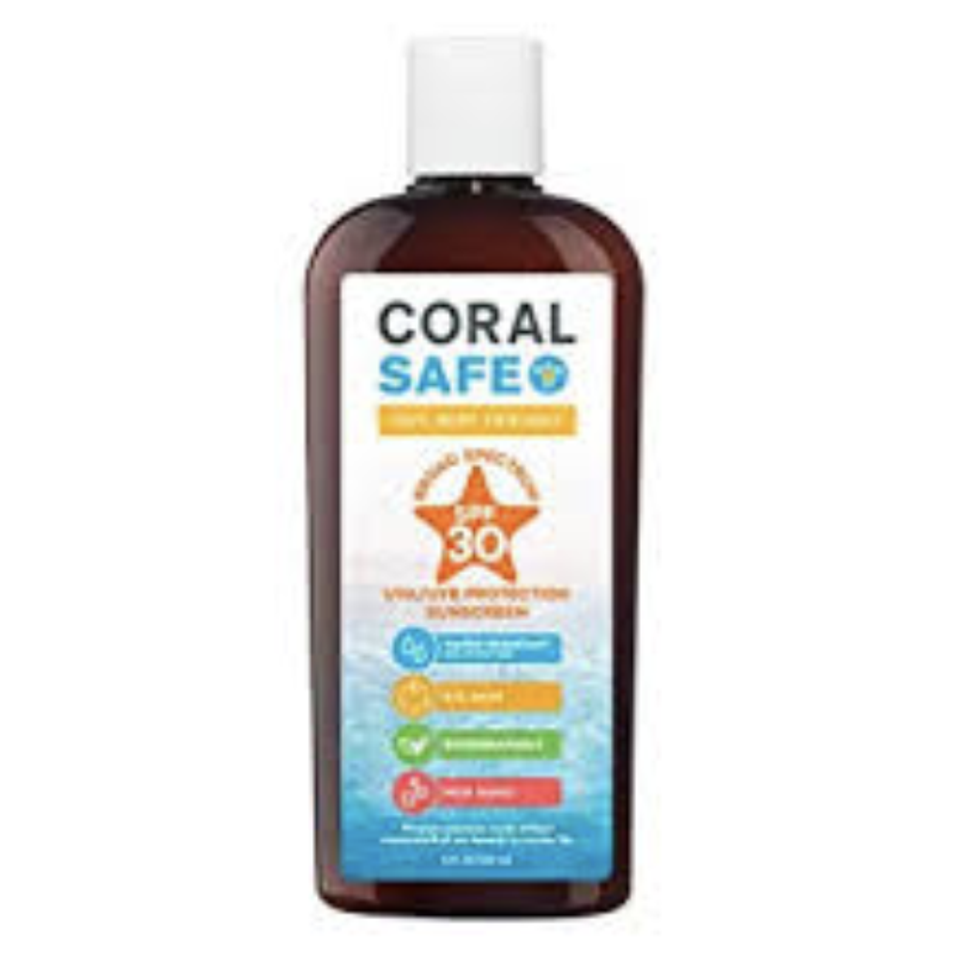7 Essential Tips for Extending the Lifespan of Your Scuba Tank
Useful Tips for Your Scuba Tank
Your scuba tank is a crucial equipment that allows you to explore the underwater world. To ensure its longevity and optimal performance, taking proper care of your scuba tank is essential. In this article, we will discuss seven crucial tips that can help extend the lifespan of your scuba tank.
1. Rinse & Dry Thoroughly after Use
After each dive, make it a habit to rinse your scuba tank with fresh water to remove saltwater and other contaminants. Ensure that all valve openings are thoroughly rinsed as well. After rinsing, allow the tank to dry completely before storing it. Moisture can lead to corrosion and other issues, so drying your tank is crucial for longevity.
2. Store in a Cool & Dry Location
Proper storage is vital for maintaining your scuba tank's lifespan. Store it in a cool, dry place away from direct sunlight and extreme temperatures. Exposure to heat can cause the tank's internal pressure to increase, potentially damaging the tank. Avoid storing the tank near chemicals or other corrosive substances, as they can accelerate corrosion.
3. Inspect & service regularly
Regular inspections and servicing are essential to ensure your scuba tank's safety and longevity. Inspect the tank visually for any signs of corrosion, dents, or damage. Check the valve and O-rings for leaks or wear. It's recommended to have your tank professionally serviced and visually inspected at least once a year or per manufacturer guidelines to address any potential issues before they escalate.
4. Avoid overfilling & over-pressurizing.
Follow the manufacturer's guidelines when filling your scuba tank. Overfilling can stress the tank's walls excessively, potentially leading to structural damage. Similarly, over pressurizing the tank can compromise its integrity. Use a reliable pressure gauge during filling and avoid exceeding the tank's recommended pressure limits.
5. Handle with care
Treat your scuba tank carefully during transportation and handling. Avoid dropping or banging the tank against hard surfaces, leading to dents, fractures, or valve damage. Use protective covers or sleeves to shield the tank during transport to minimize the risk of scratches or abrasions. Remember, even minor damage to the tank can affect its performance and safety.
6. Keep o-rings lubricated
O-rings are crucial in maintaining a secure seal between the tank and valves. Regularly lubricate the O-rings using manufacturer-approved lubricants to prevent drying out or cracking. Apply a thin layer of oil before each use, and ensure that the O-rings are clean and debris-free. This simple maintenance step can help prevent leaks and extend the lifespan of your tank.
7. Follow proper cleaning procedures
Always follow the manufacturer's recommendations when cleaning your scuba tank. Avoid using abrasive or harsh chemicals that can damage the tank's interior coating or valves. Use mild detergents, specialized tank cleaning solutions, and a brush to clean the tank's interior. Rinse thoroughly to remove any residue before drying and storing the tank.
Conclusion
By following these seven essential tips, you can significantly extend the lifespan of your scuba tank. Regular maintenance, proper storage, and careful handling are crucial to ensuring the tank's safety and optimal performance. Remember, a well-maintained scuba tank will provide you with years of diving adventures and peace of mind underwater.

















 Photo taken by Daniella Escoto
Photo taken by Daniella Escoto Photo taken by Daniella Escoto
Photo taken by Daniella Escoto Photo taken by Daniella Escoto
Photo taken by Daniella Escoto Photo taken by Daniella Escoto
Photo taken by Daniella Escoto


















